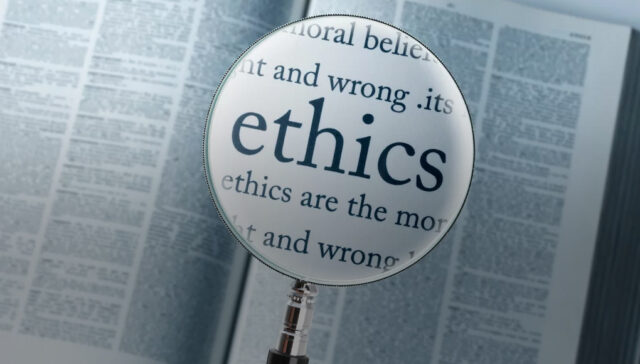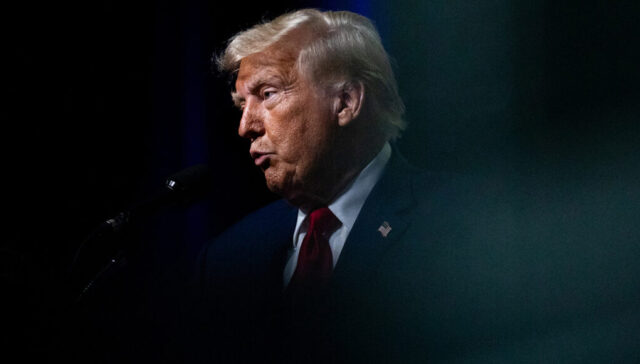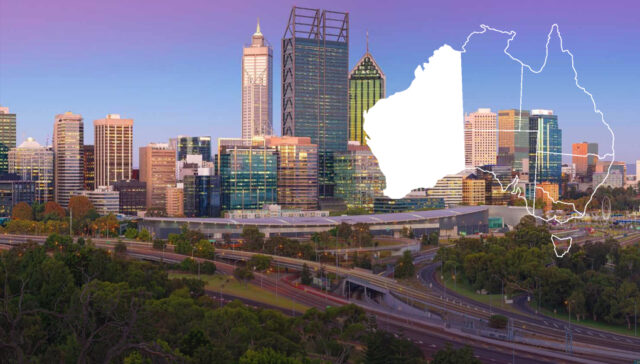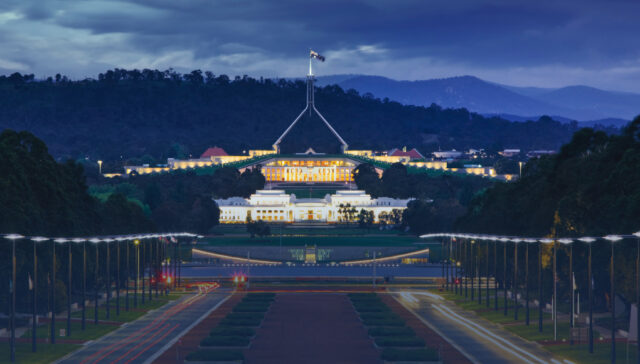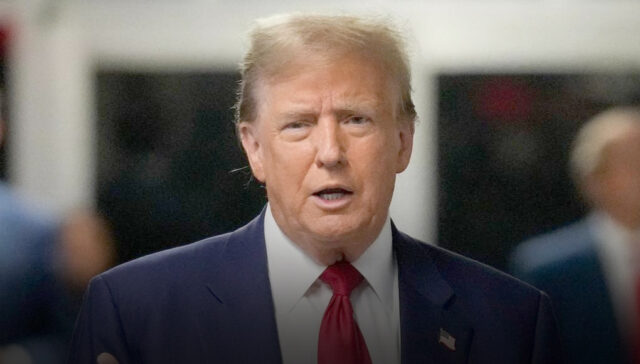Whose Ethics make it Ethical
When I started my business 35 years ago, very few investment funds were describing themselves as ethical investors.
Some years later I joined an organisation of CEOs, business owners and senior executives that meets to share and discuss their challenges. I enjoyed our meetings right up until my group was required to listen to a speaker on ethics. When I asked for a definition of ethics and who decides what is ethical, I was told I was out of order. Not long after that I was asked to leave the group.
Some funds then began describing themselves as sustainable investors. I wrote a column about it, asking who defines sustainable, and has anyone ever knowingly invested in a company that was unsustainable? There were letters to the editor criticising me.
It then became ESG, or Environmental, Social, and Governance. Still seeking definitions, I found it supposedly incorporates sustainable investing, responsible investing, impact investing and socially responsible investing.
Australian agriculture often generates meagre returns on investment, but larger operations utilising modern technology do better.
I also found a claim that ESG criteria can “help investors avoid companies that might pose a greater financial risk due to their environmental or other practices.” That sounded like the focus was on financial performance, which is good, but in fact it was not the case. The more I looked, the more I found it was all just virtue signalling.
Then came DEI, or Diversity, Equity and Inclusion, which is all about how many women, black or disabled people are on the payroll. Not just virtue signalling, but bragging about it.
Funds that differentiate themselves like this are motivated by the desire to attract more investors and generate more fees for their managers. Furthermore, very few of those choosing to invest in these funds are using their own money; both the fund managers and their investors are deciding what is ethical or sustainable using other people’s money.
The problem is, most ESG funds deliver lower returns to investors. And, as I discovered, they don’t agree with each other about what it all means, and also don’t much like being questioned.
As it happens, I am an investor of my own money and regard myself as both ethical and sustainable. Moreover, I have no difficulty offering coherent definitions.
My favourite definition comes from former Norwegian Prime Minister Gro Harlem Brundtland, who said, “Sustainable development is development that meets the needs of the present without compromising the ability of future generations to meet their own needs”. In my view that’s also ethical.
As to what it means in practice, here are a few thoughts.
I will never reject an investment in coal unless there are better nuclear or hydro options, delivering cheaper and more reliable power. It is not sustainable to subject the community to the vagaries of expensive and intermittent wind and solar power, and it is grossly unethical to compel families in India to continue burning cow manure for fuel or force children to do their homework in the dark.
I will absolutely invest in forestry. Not only is it renewable, in Australia it is also totally sustainable. When the alternatives are importing timber from other countries or building in steel and concrete, it’s no contest.
Australian agriculture often generates meagre returns on investment, but larger operations utilising modern technology do better. Genetically modified crops, modern herbicides, precision farming and minimum or zero tillage are not only sustainable but also boost yields, leaving more land for conservation. There is absolutely nothing ethical about staying rooted in the past, using out-dated technology to produce food that some people cannot afford to buy.
Help investors avoid companies that might pose a greater financial risk due to their environmental or other practices.
Some ethical funds say they refuse to invest in companies that harm animals, by which they mean those that use animals to determine whether pharmaceuticals or cosmetics adversely affect humans. By what ethical standard is it preferable to expose our loved ones to the risk of life-threatening or disfiguring harm?
As for things like tobacco, alcohol and cannabis, these are matters of personal choice. Whatever we might think of them, the ethical approach is to not interfere in the choices of others. I’d happily invest in them if the returns were adequate. And if it means protecting liberal democracy from authoritarianism, I’d certainly consider it ethical to invest in armament companies.
That leaves a fairly small unethical and unsustainable list. Anything that funds or apologises for terrorism, racism, anti-Semitism, Islamism or corruption is on it. I’m also wary of companies that foster a woke culture; not only are they hypocrites but ‘go woke, go broke’ is more than a slogan.
But that’s just me – I don’t expect others to necessarily share my views, although it’s clear that an increasing number of people seem to be doing just that. For those with control over their own money, my suggestion is to simply invest in businesses that offer the best returns, and ignore those that virtue signal. You can then use the dividends or capital gains to help make a difference based on your own values.
Got something to say?
Liberty Itch is Australia’s leading libertarian media outlet. Its stable of writers has promoted the cause of liberty and freedom across the economic and social spectrum through the publication of more than 300 quality articles.
Do you have something you’d like to say? If so, please send your contribution to editor@libertyitch.com


